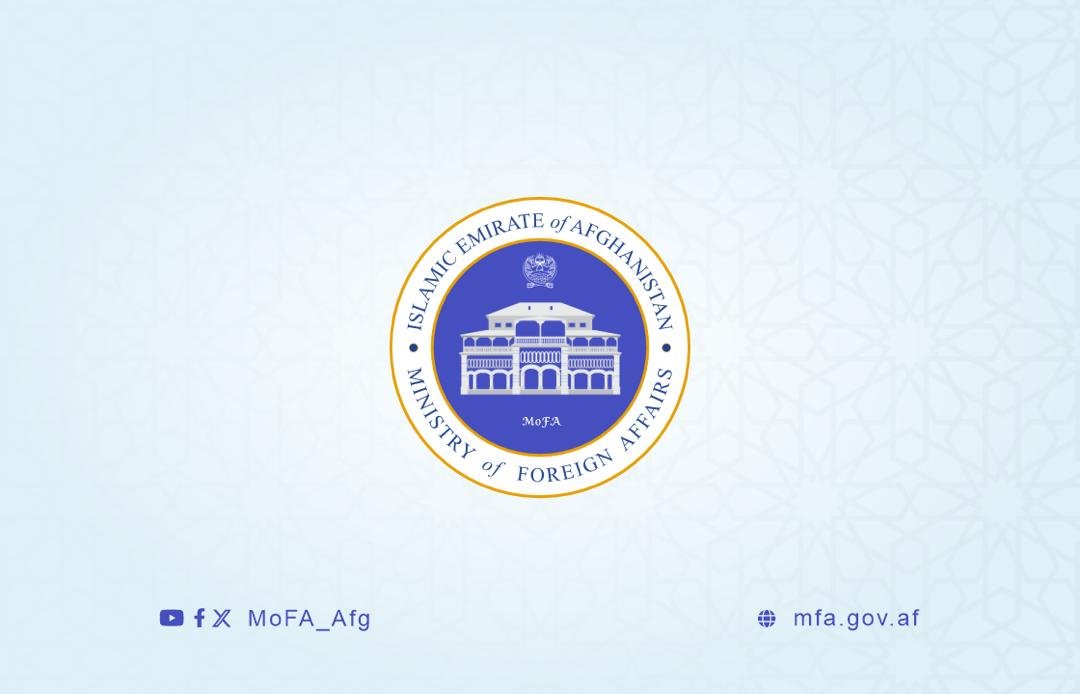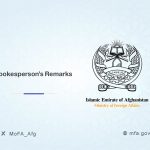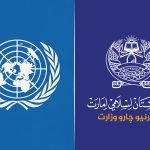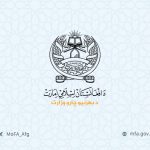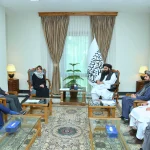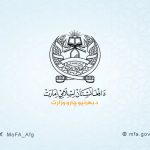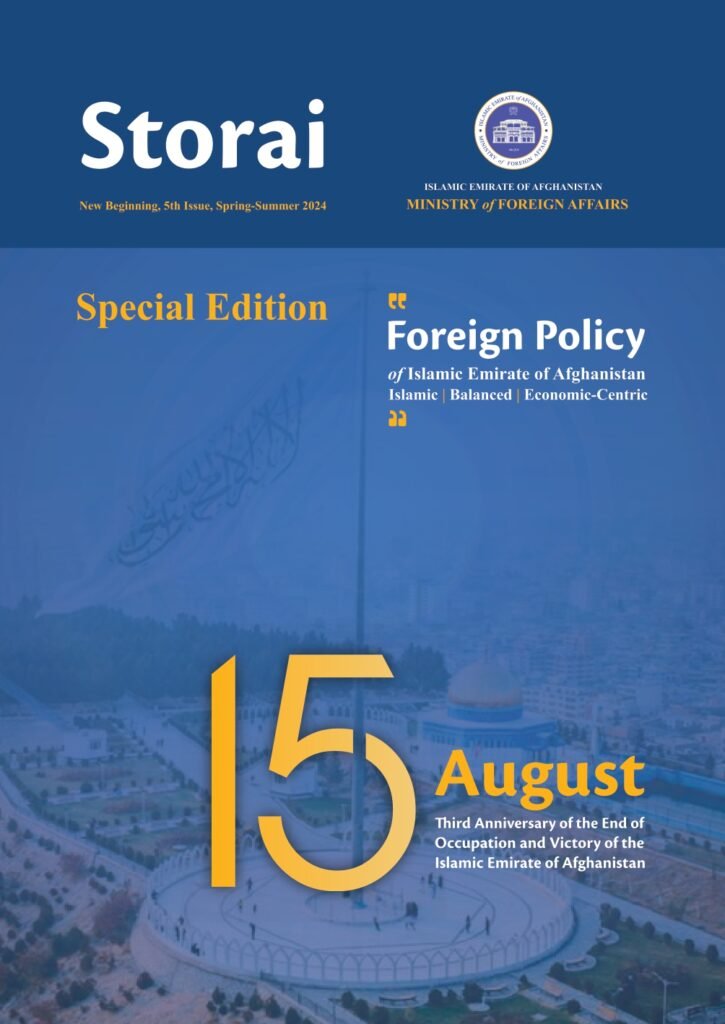Investigation into the UNAMA Human Rights Report Regarding Forcible Returnees in AfghanistanRecently, the United Nations Assistance Mission in Afghanistan, through its Human Rights Division, published a report alleging that Afghan migrants forcibly returned from Iran & Pakistan have been subjected by the Islamic Emirate to torture, retaliatory actions, arbitrary arrests, & security threats.In order to examine the incidents referenced in the report, & pursuant to the directive of the Office of the Prime Minister of the Islamic Emirate of Afghanistan, a commission was established under the leadership of the Ministry of Foreign Affairs, with the participation of the Ministry for the Propagation of Virtue & Prevention of Vice, the Ministry of Interior, & the General Directorate of Intelligence. The commission was tasked with conducting a comprehensive review of the report, & should the allegations be substantiated, coordinating with the relevant government agencies, & if found to be unfounded, seeking clarification from UNAMA.Executing this directive, the commission convened multiple meetings & hereby presents its findings:While the report makes limited reference to certain positive measures, it predominantly seeks to distort facts through selective wording, creating unwarranted concern among returnees rather than highlighting the assistance provided to them.
The report primarily reflects the individual accounts of a small number claiming to have faced difficulties, while omitting the positive experiences of millions of Afghans who have returned to the country in safe, dignified, & stable conditions.The report asserts that it is based on interviews with only 49 individuals, despite the return of millions. Consequently, the selection of cases is both limited & biased, with numerous claims presented as unverified assumptions, contrary to established research methodologies.The report employs politically charged terminology that undermines impartiality, such as allegations of revenge, arbitrary arrest, torture, & mistreatment. It attempts to extrapolate the overall national situation from a few isolated incidents.The report also contains unspecific claims that are unverifiable due to a lack of clarity regarding location, persons involved, & timing. For example: A woman’s allegation that a military official attempted to force her into marriage. A judge’s claim that he fears for his life & allegedly cannot leave his home.
Allegations of killings of returnees in Takhar & Paktia without supporting details or evidence.The methodology of the report is largely non-standard, its focus rests disproportionately on negative aspects, & it fails to acknowledge positive developments. Incidents are portrayed in an exaggerated manner through selective wording & given linguistic, ethnic, & political connotations. The country’s specific religious & social identity & values have not been taken into consideration. Moreover, incidents from previous periods are cited in place of those within the reporting timeframe, thereby creating a misleading impression that they are recent.Given the above deficiencies, the report appears aimed at generating unwarranted public concern & portraying the current situation in Afghanistan as unfavorable for prospective returnees.
On 5th August, 2025, the officials of UNAMA of the concerned division, were summoned to the Ministry of Foreign Affairs. The aforementioned observations were explicitly conveyed to them, with emphasis placed on the need for a thorough review of the current reporting approach, the implementation of practical measures to address identified scientific & professional shortcomings, & a clear warning that, should such violations persist, the government reserves the right to take appropriate measures against baseless reports intended to mislead public opinion.

